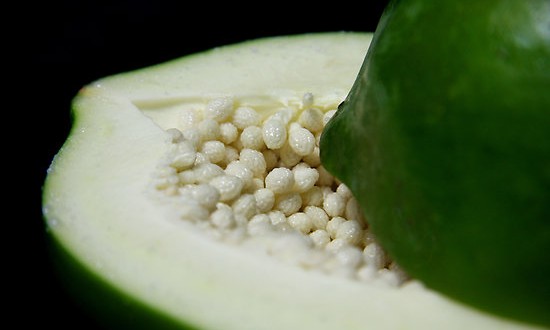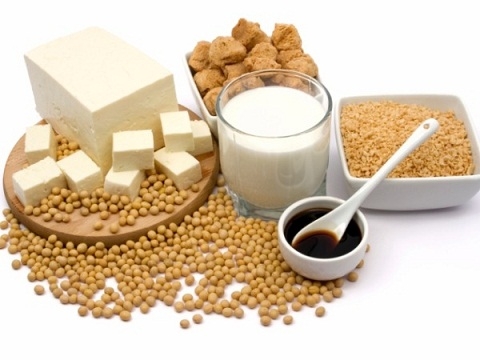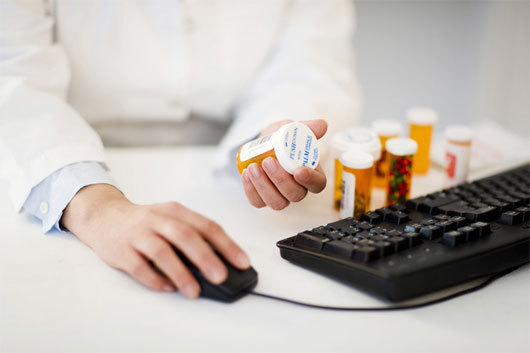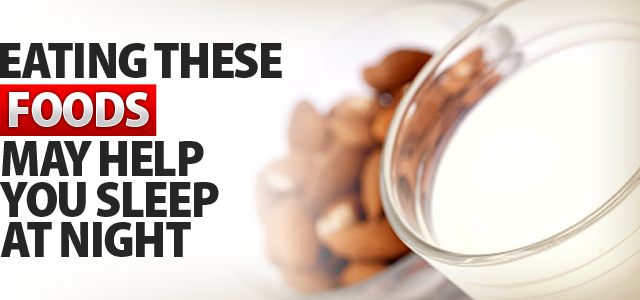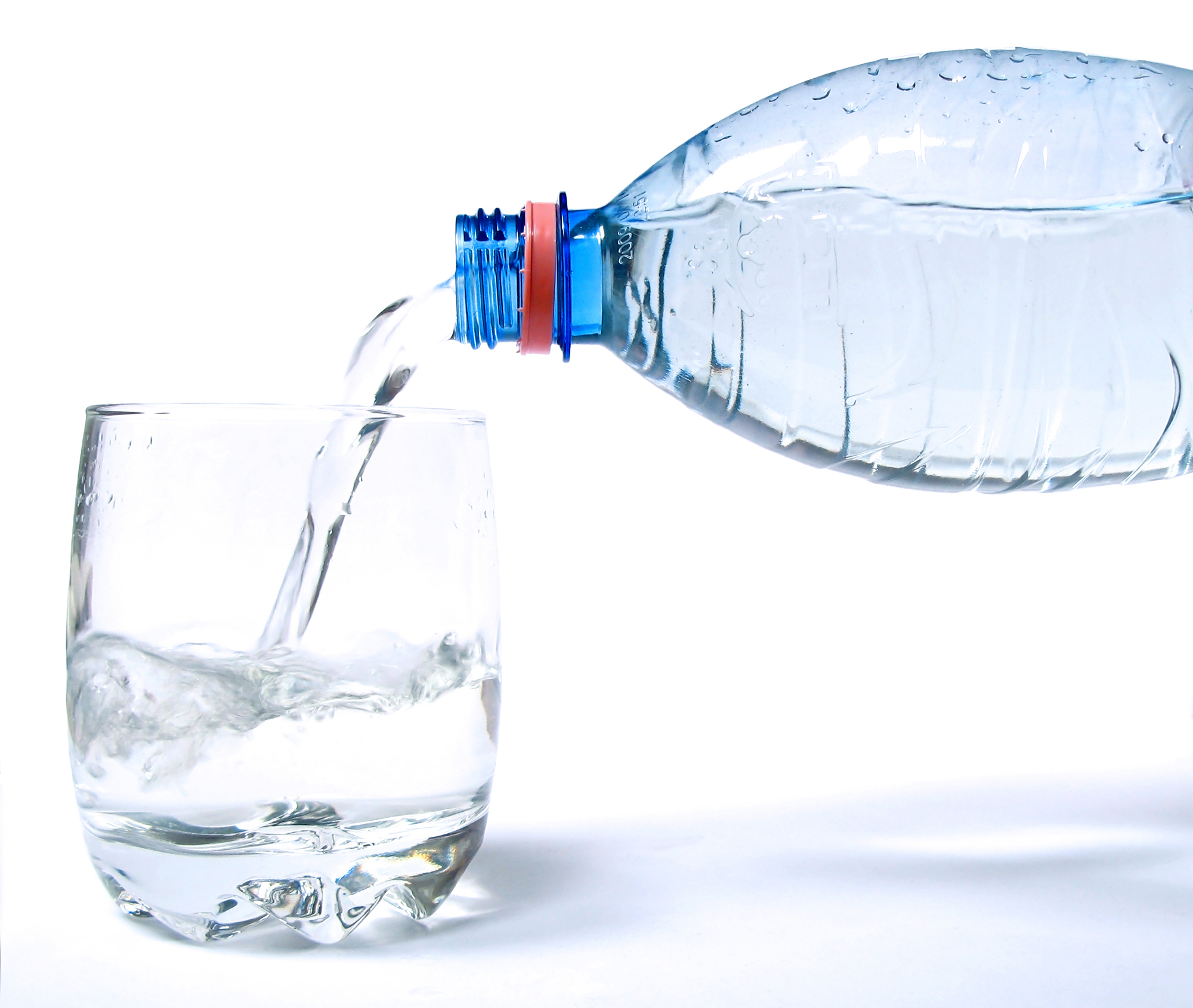The unripe green fruit of papaya has a mild flavour. Green papaya has a smooth white flesh and is a rich source of vitamin C. Papaya offers an excellent source of potassium and fiber and is low in calories. It has a high amount of pectin which helps in digestion.
Health Benefits from Green Papaya:
The anti-inflammatory virtue from the papain in papaya greatly reduce inflammation in diseases such as rheumatoid arthritis, osteoarthritis, gout and asthma.
The rich fiber in papaya bind to cancer-causing toxins in the colon and is eliminated from the body during bowel movements.
Papaya is commonly known for its fine and natural laxative virtue which aids digestion. Taken regularly, it can help habitual constipation, bleeding piles and chronic diarrhea.
The three very powerful anti-oxidants in papayas help prevent the oxidation of cholesterol. Oxidized cholesterol forms dangerous plagues that can eventually cause heart attacks or strokes.
Vitamin A available in papaya helps to reduce lung inflammation. So it is useful for active as well as passive smokers.
The papain in unripe papaya is extremely beneficial for those who are deficient in gastric juice, have excess of unhealthy mucus in the stomach, dyspepsia and intestinal irritation.
Consumption of unripe papaya juice help to contract the muscle fibers of the womb, resulting in proper and regular menstrual flow. It is especially helpful in cases of menstruation cessation in young ladies due to cold or trauma.
The juice from unripe papaya is highly beneficial in treating skin disorders like acne and psoriasis. When applied to wounds, it prevents pus formation and swelling. Paste made from unripe papaya when applied to the face, may remove pigmentation or brown spots, and making the skin smooth and delicate. Try it.
Immerse cut ripe papaya in vinegar for a week, then consume twice a day with meals until spleen is normalized.
Drink honey mixed in fresh juice from unripe papaya regularly over inflamed tonsils for diphtheria and other throat disorders. It dissolves the membrane and prevents infection from spreading.
Health Hazards :
Anti-estrogen effects have been noted as well. Green papaya (unripe) can cause abortion due to the presence of a plant compound, benzyl isothiocyanate (BITC), found primarily in the latex of green papaya tissue, Food forms of papaya, containing papain, are best avoided by pregnant women. This warning does not extend to a fully ripe fresh fruit, which contains much lower levels of papain and is considered very healthy for pregnant women with it’s rich antioxidant and vitamin content.
There are mixed reports from health resources regarding papaya and ulcers. On the one hand, people suffering from severe stomach ulcers are sometimes advised to avoid the fruit, particularly when it’s green, as well as any digestive enzymes with papain. On the other, eating papaya with its many nutrients and enzymes is often said to help prevent stomach ulcers and heal minor ones. It may do this by both increasing the protective mucus secretions in the stomach and, due to its ability to speed up the break down of protein, lessening the amount of time hydrochloric acid sits in the stomach. While the occasional ripe fruit should not cause problems. Doctor,s advice must be solicited in case to case basis.
Papain may increase the blood thinning effects of medications such as Warfarin and other anticoagulants, including daily aspirin taken for this purpose. As such it is not recommended for use at the same time as a course of these drugs. It is best not to take papain for several days before major surgery for the same reason.
People with blood clotting disorders, such as thrombosis and hemophilia, are also advised to avoid papain and green papaya. In cases like these, and any of the above, it is best to discuss using papain enzymes with a knowledgeable healthcare professional.
Papaya and especially the green fruit should be avoided by anyone with a latex allergy. Papaya allergies are rare, but people who experience allergic reactions to papaw may also have an adverse reaction to pineapples, avocados, bananas, figs, kiwi fruit, melons and possibly other tropical fruit as well and should use these with caution and watch for symptoms.
Source: health digezt


